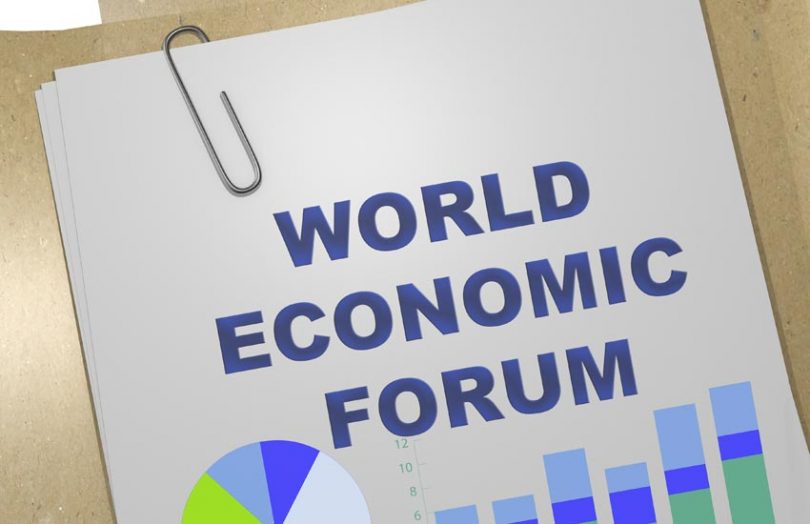Today the World Economic Forum (WEF) published a report highlighting how digitization and blockchain can help with supply chain disruption. While blockchain may not be able to address the impact of COVID-19 directly, it can help with supply chain visibility. A manufacturer may be aware of problems with its Tier-1 suppliers, but it’s less likely to know what’s happening with the supplier’s partners.
Early on in the COVID-19 outbreak, multiple supply chain disruptions were announced as a result of China’s lockdowns.
Although the argument for digitization is usually related to efficiency, the transparency issue is now to the fore. If you know a supplier’s partner is having problems, you can anticipate that there may be a disruption with your tier-1 supplier. And the company has a chance to make alternative arrangements.
Article continues …

Want the full story? Pro subscribers get complete articles, exclusive industry analysis, and early access to legislative updates that keep you ahead of the competition. Join the professionals who are choosing deeper insights over surface level news.






